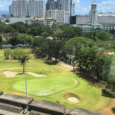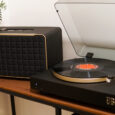Whether you’re an OFW (Overseas Filipino Worker) or a Filipino immigrant, it is always an eye-opening experience to live and work overseas. Very often, there are usually questions and curiosities directed at you from Filipino relatives and friends back home about where you’re living and about your experiences. Of course this is all natural; most Filipinos would never have a chance to go abroad or visit because it is difficult and expensive, no thanks to our visa processes. They would want to know more.
READ: The Real Story Of OFWs – From The Viewpoint Of An Expatriate’s Daughter
When it comes to these curious questions, as much as we love to indulge them and answer honestly, there are simply a few that make us roll our eyes. Filipinos abroad can’t blame anyone, though. It’s not always easy to understand. But what we can do is clear up the misunderstandings and misconceptions that they may have.
Here are the most common misconceptions Filipinos hear abroad (or are tired of hearing) time and again, Especially those in Western countries.
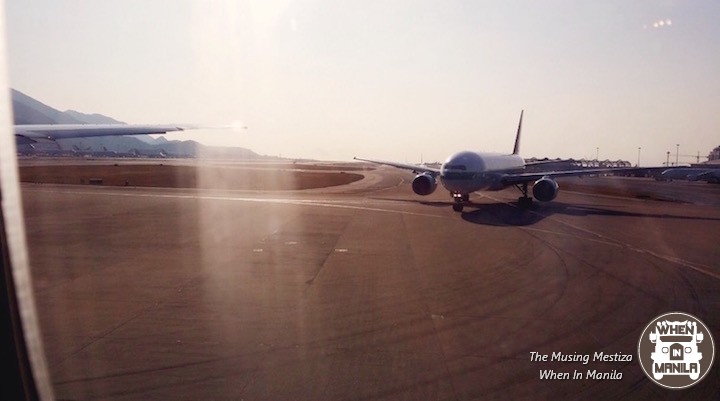
5. That Money Grows On Trees
Definitely this is a bit of an exaggerated expression, but I’ve heard this phrase tossed around between Filipino friends and acquaintances here in Melbourne all too often! Something like ‘Para namang pinupulot ang pera sa sahig dito!’ (As if we just pick up money off the ground here!) Assuming that making money is very easy abroad. This is both true and false.
While yes, wages and working hours are fairer here, keep in mind, the standards of living are much more expensive as well. Food, rent and transport are very expensive, especially in main cities where most people live to have better chances of finding work or being close to schools and hospitals. If your relative is an OFW, they can definitely earn enough to send money back home, but also keep in mind that they will have to use some of their earnings too to support a higher standard of living.
4. That Cold Weather Is ‘Refreshing’ or Presko
It is no secret that Filipinos often clamour to air-conditioned areas and ‘colder’ places like Baguio when the summer heat really sets in. Especially during El Nino. Knowing full well many foreign countries have snow and colder weather, a lot of Filipinos seem to think that if they do visit these countries, they will always feel comfortable in the cold. I can see where they are coming from, since most Filipinos simply want to escape the heat. But let me get this straight.
Snow is really, really cold. Super cold.
It penetrates your bones and you find yourself wishing you can just walk around in a sleeping bag and blankets.
Now don’t get me wrong, there are many Filipinos that find themselves enjoying the cold wintertime. But being in a room with aircon or an ice wonderland park is nothing like going through three months of winter overseas.
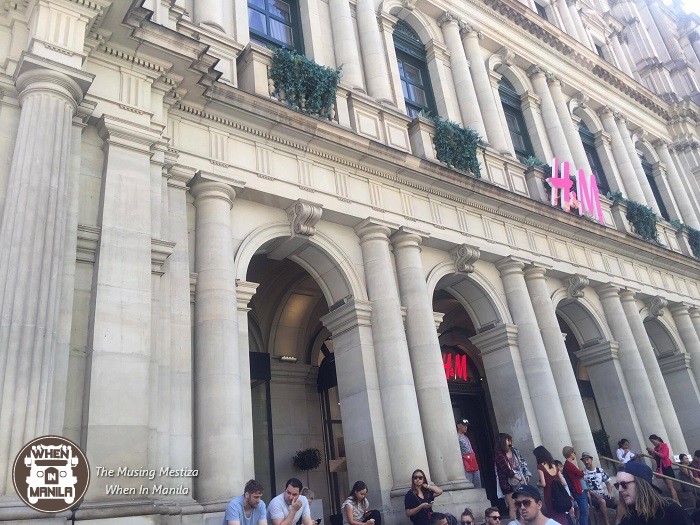
3. That All Foreigners/Caucasians Are The Same
I’m going to make this clear, this applies mostly to Western countries. In my opinion, many local Filipinos have a romanticised perception of Caucasian people (or white people, put simply), thanks to the media. Many of them have not actually met someone Caucasian and have only seen them in movies and sometimes in the news. Good looking actors, famous politicians and whatnot. While this may seem like common sense, the truth of it really sinks in once you live in a Western country. There are many levels to Caucasian classes, just like with Filipinos. There are ‘prim, proper’ educated Caucasians that you see often in the movies, but there are also Caucasians from rougher suburbs who are unkempt, rude and without class. This is by no means an insult; I am simply trying to show that there are many types of Caucasians, from many walks of life. Don’t rely on movies to be a realistic representation of foreign people.
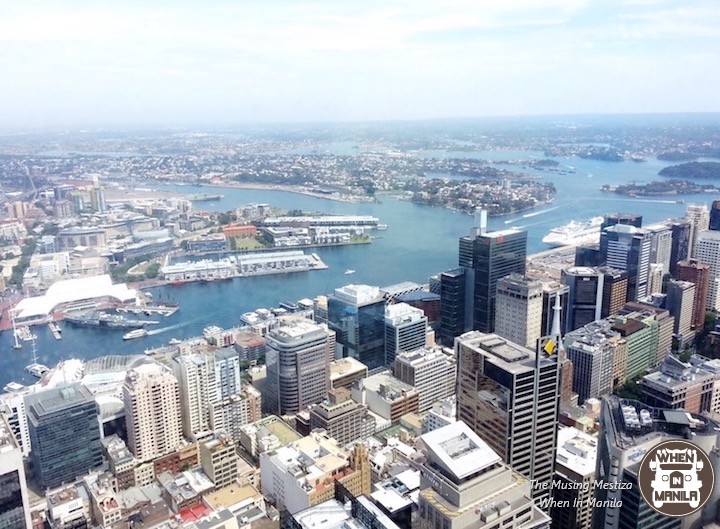
2. That Schooling is Harder in The West
As plenty of Western countries are economically prosperous, many Filipinos associate education with that fact and assume that many Western schools have a higher standard of academics than Filipino schools. Many schools in Western countries, especially Australia (as I can testify) actually have a lower difficulty of education compared to the Philippines. Really. When I first came to Melbourne, I was almost immediately put into advanced Math and English classes because I was already ahead of the class level. But of course, keep in mind that schools are not the all the same here. There are public, private and specialised schools in Australia and the West, I can’t speak on behalf of those.
1. That Overseas Pinoys Will Always Know What’s Going On In The Philippines
While you’re in the Philippines, obviously you would be bombarded by the Filipino media, news and shows. But once you’re overseas, especially if you live somewhere where there isn’t a big Filipino immigrant population, accessing these is hard. The easiest way to keep ahead of news and gossip is the internet, but the exposure to Filipino media overall is at a much lower degree for people like me. I have to get creative in looking for ways to watch my favourite Filipino shows and movies. Whether through the net, looking for old DVDs, or going to relatives’ houses with Filipino cable.
While these misconceptions usually elicit an eye-roll, it doesn’t change the fact that many Filipinos like us wish that our loved ones can also be here to understand it. To see what we see, experience what we encounter. Whether immigrant or overseas worker, I know many Filipinos simply want the best experiences for their family, at home or abroad.


